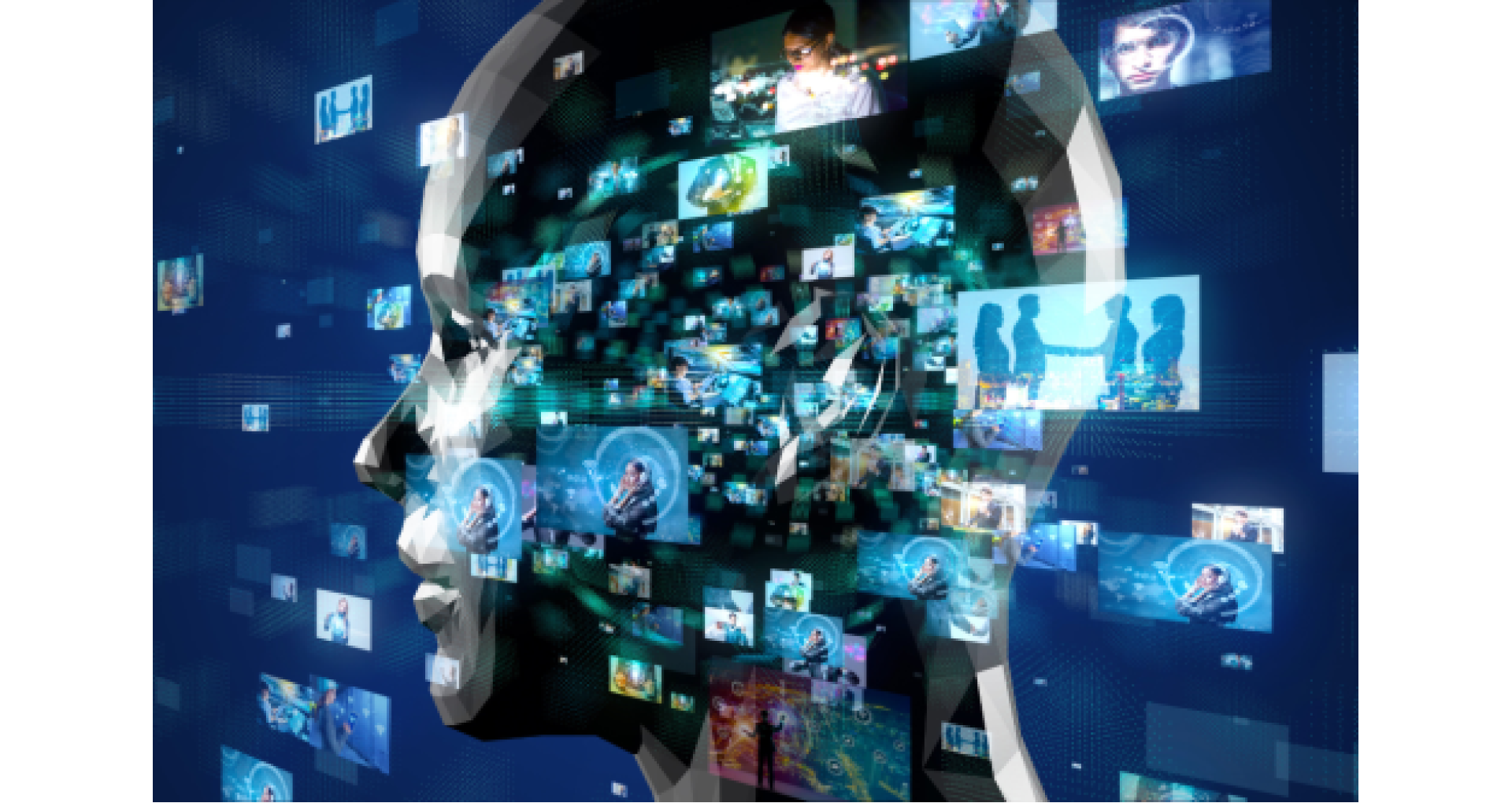
Navigating the Depths of Deep Learning
Having several layers in neural networks, deep learning is a subset of machine learning—thus the name "deep." These complex algorithms work wonders for jobs like picture and audio recognition, natural language processing, and more since they are built to automatically learn and extract characteristics from data.
The path toward deep learning usually starts for pupils who have a firm grasp of neural networks and backpropagation. Understanding the fundamentals of mathematics is essential because many deep learning algorithms rely on concepts from calculus and linear algebra. Creating and training complex models can be simplified by delving into frameworks like TensorFlow or PyTorch once the basics are understood.
The important thing is practical experience. Working on projects such as building natural language generators or image classifiers can give you a better understanding of how these models function in practical situations. Participating in virtual contests or making donations to open-source initiatives can also help you improve your abilities and provide beneficial connections.
Deep learning continues to develop quickly as fresh ideas like Transformers and Generative Adversarial Networks (GANs) expand the realm of what is practical. In a sector that constantly shifts, following up with the most recent research articles and industry trends will keep your knowledge current and practical.
The correct AI/LMS (Learning Management System) platform can be a game-changer for students and enthusiasts ready to explore the exciting fields of computational intelligence (AI), machine learning, and emerging technologies. These platforms offer comprehensive courses that cover everything from basic ideas to advanced approaches, giving users an organized way to navigate the complicated world of deep learning. Learners have access to a multitude of resources, such as interactive lessons, real-world projects, and expert insights, ranging from appreciating neural network designs to learning algorithms that power natural language processing and IoT improvements.
Reliable AI/LMS platforms frequently include interactive laboratories and simulations that let students test theories and run models in a safe setting using actual data. Additionally, they cover important topics like moral dilemmas and real-world Web3 technology applications, guaranteeing an extensive education. Through the use of these educational resources, students can stay up to date on the most recent advancements in this quickly changing profession in addition to gaining extensive technical competence. Navigating deep learning through a strong AI/LMS platform offers an opportunity to grasp the technologies of the future, regardless of your level of experience.